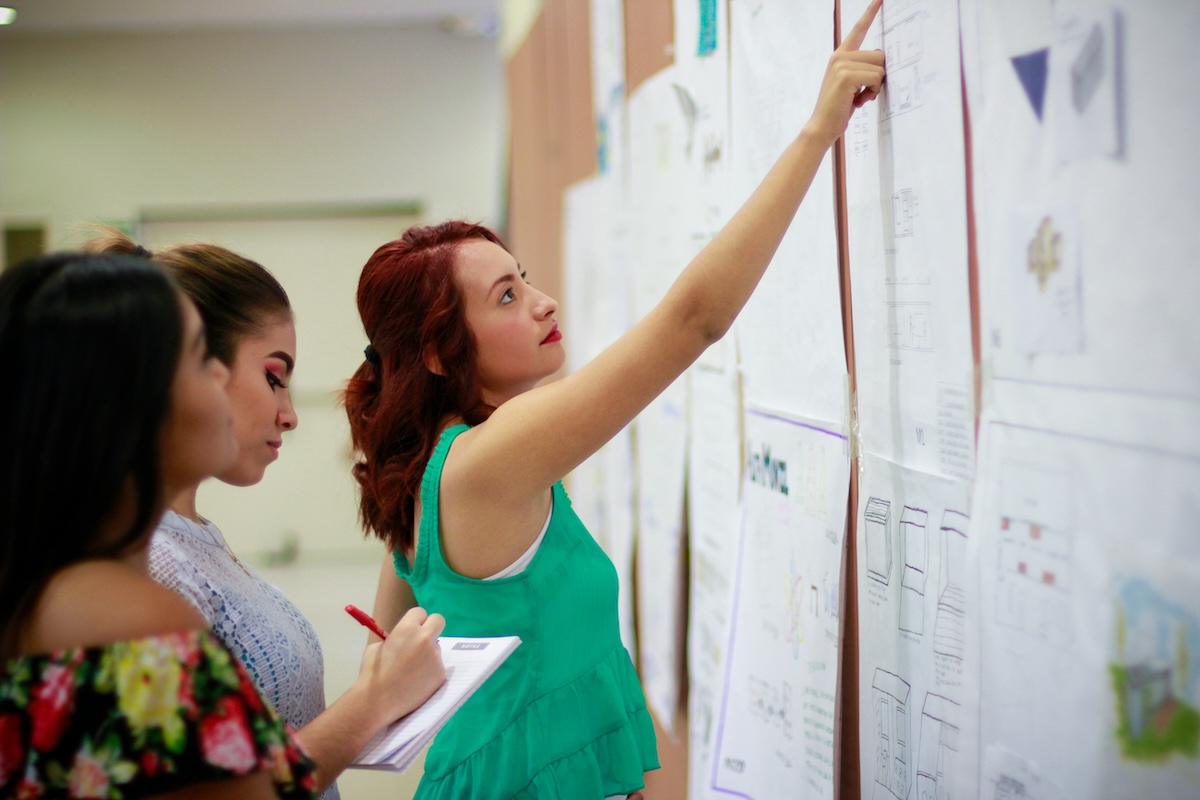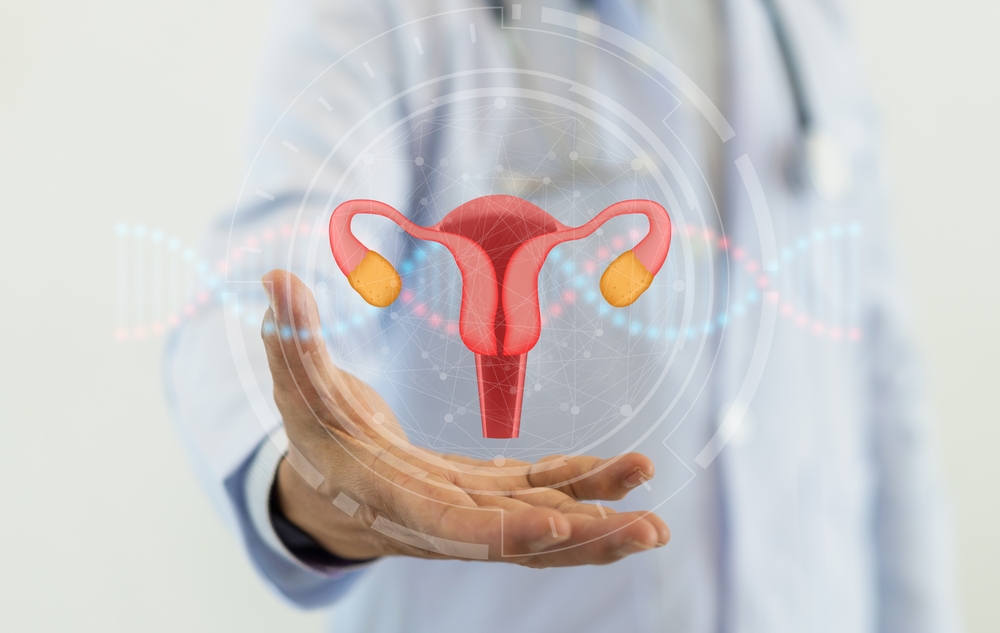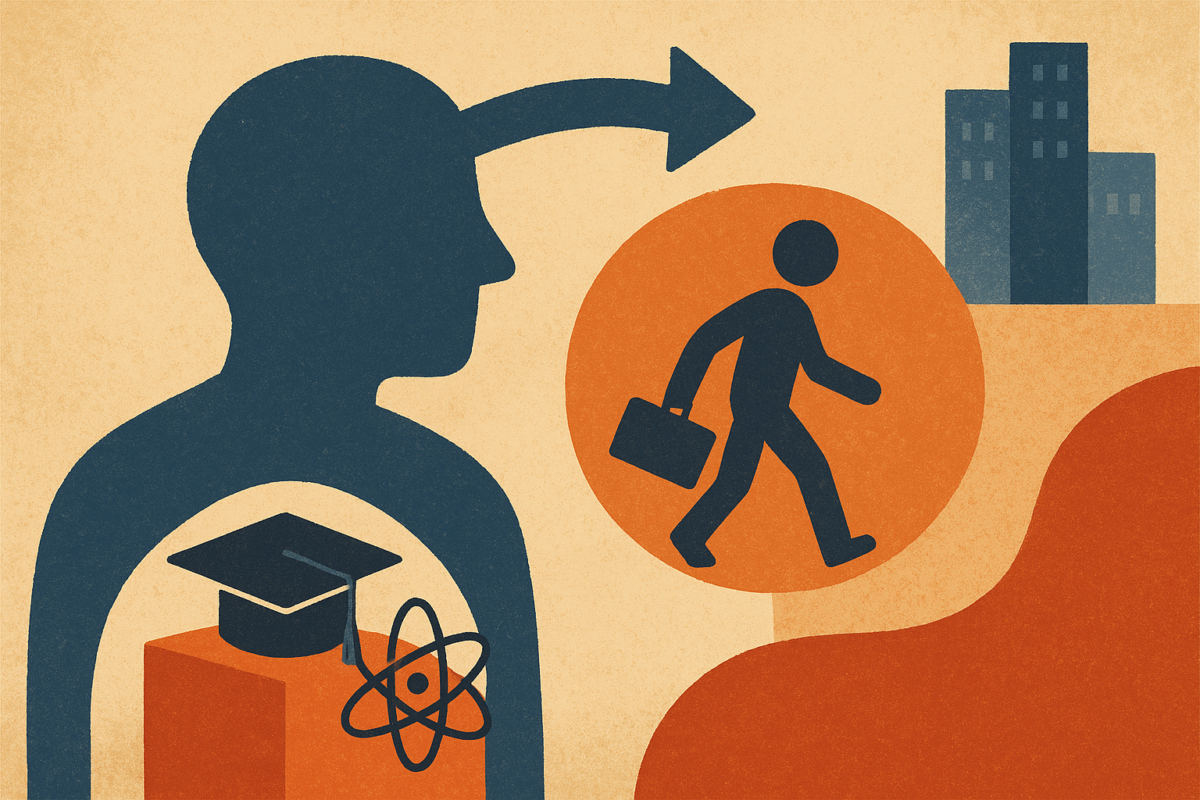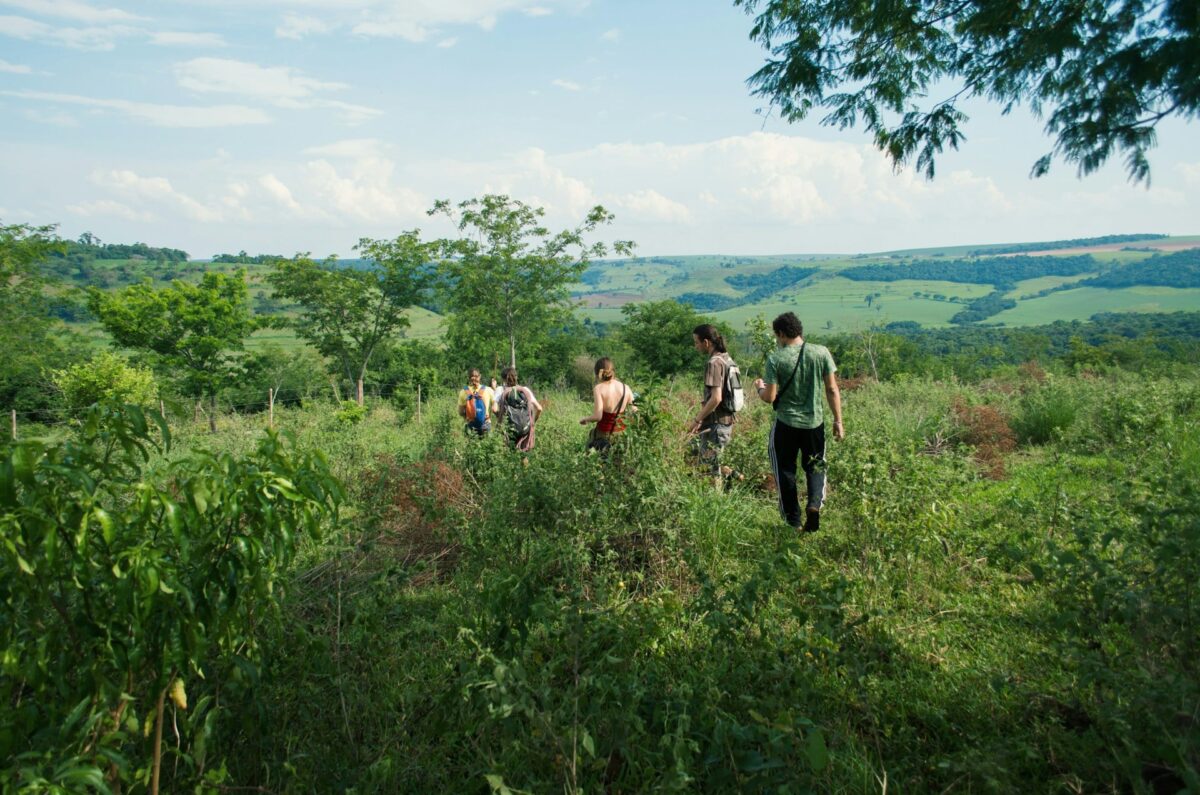 #Careers
#Careers
Innovations in intrauterine therapy to be discussed at webinar
Free event invites experts to discuss advances and challenges of transamniotic stem cell therapy for the treatment of congenital diseases
 Treatment in the womb: In an online event to be held on November 12, the EMBRAPII Einstein Competence Center for Advanced Therapies (CCTA) will address the potential of intrauterine administration of mesenchymal stem cells for treating congenital anomalies | Image: Shutterstock
Treatment in the womb: In an online event to be held on November 12, the EMBRAPII Einstein Competence Center for Advanced Therapies (CCTA) will address the potential of intrauterine administration of mesenchymal stem cells for treating congenital anomalies | Image: Shutterstock
On November 12, the EMBRAPII Einstein Competence Center for Advanced Therapies (CCTA) will host a webinar dedicated to one of the most innovative and promising fields in fetal medicine: transamniotic stem cell therapy (TRASCET).
Led by Brazilian pediatric surgeon Dr. Dario Fauza, associate professor of surgery at Harvard Medical School, the online event will present the latest advances in this pioneering technology, developed to treat congenital diseases before birth.
Transamniotic stem cell therapy seeks to correct congenital anomalies in the early stages directly in the uterine environment, thus reducing risks and expanding opportunities for early treatment.
The speakers
Dr. Dario Fauza, one of the most renowned experts in the field of fetal surgery and a pioneer of transamniotic stem cell therapy, will draw on his years of experience in research and clinical practice at Boston Children’s Hospital.
The webinar will be moderated by Juliana Aparecida Preto de Godoy, a specialist in cell therapy from Hospital Israelita Albert Einstein who conducts research at the CCTA. With a PhD in cellular and structural biology from the University of Campinas (UNICAMP), Godoy is working in the areas of cell therapy, genetic reprogramming of stem cells, translational research, and gene editing with CRISPR-Cas9.
Event Details
Date: Tuesday, November 12.
Time: 10:00 a.m. to 11:00 a.m. (BRT).
Location: Online
Anyone interested in following the discussion and understanding the therapy’s potential impact on fetal medicine can register for free by CLICKING HERE. [Webinar in Portuguese].
Organized by: Sociedade Beneficente Israelita Brasileira Albert Einstein.
Sponsored by:
- Brazilian Agency for Industrial Research and Innovation (EMBRAPII)
- Brazilian Public Health System (SUS)
- Brazilian Ministry of Health
- Federal Government
- São Paulo State Research Foundation (FAPESP)
*
This article may be republished online under the CC-BY-NC-ND Creative Commons license.
The text must not be edited and the author(s) and source (Science Arena) must be credited.


